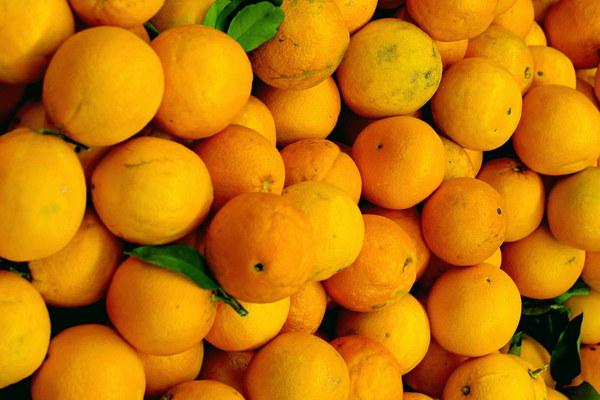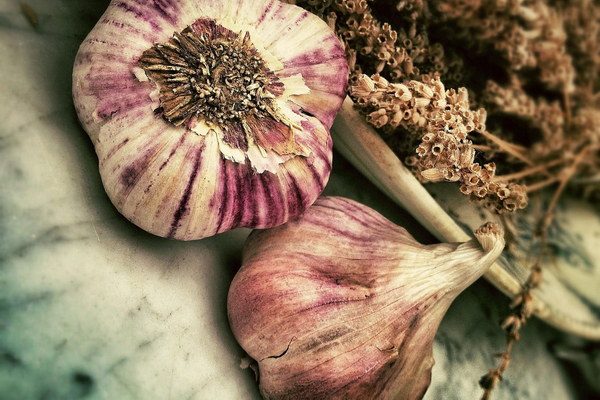Does Rice Noodles Help with Dampness in the Body Exploring the Traditional Chinese Medicine Perspective
In the realm of traditional Chinese medicine (TCM), dampness is considered a common health issue that affects the body's balance. It's characterized by symptoms such as fatigue, bloating, and weight gain. One popular question that arises among those following TCM is whether rice noodles can help alleviate dampness. In this article, we will delve into the world of TCM to explore whether rice noodles have any dampness-relieving properties.

Traditional Chinese medicine views dampness as an excess of dampness in the body, which is believed to be caused by a variety of factors, such as overeating, exposure to damp weather, or an unhealthy lifestyle. According to TCM, dampness can lead to various health issues, including fatigue, weight gain, and even more severe conditions like arthritis and diabetes.
Rice noodles are a staple in many Asian cuisines, and they are often associated with a diet that aims to balance the body's yin and yang energies. In TCM, yin refers to the cool, moist, and slow aspects of the body, while yang refers to the warm, dry, and active aspects. It is believed that a proper balance of yin and yang is essential for maintaining good health.
When it comes to the question of whether rice noodles help with dampness, the answer is not straightforward. On one hand, rice noodles are made from rice, which is a grain that is considered to have a neutral or slightly cooling effect on the body. This might suggest that rice noodles could help alleviate dampness by reducing the body's overall dampness levels.
On the other hand, rice noodles are also rich in carbohydrates, which can contribute to dampness in some individuals. In TCM, grains like rice are often associated with dampness, as they are believed to slow down the body's metabolism and lead to an accumulation of dampness. This means that consuming too many rice noodles could potentially exacerbate dampness symptoms for some people.
So, how can we determine whether rice noodles are suitable for a dampness-relieving diet? Here are some factors to consider:
1. Quantity: Moderation is key when it comes to rice noodles. Consuming them in small amounts may not significantly affect dampness levels, but eating large quantities could contribute to dampness.
2. Preparation: The way rice noodles are prepared can also impact their dampness-relieving properties. For example, stir-frying rice noodles with vegetables and lean protein can help reduce their dampness potential, while deep-frying them or adding excessive amounts of oil can increase it.
3. Individual constitution: TCM emphasizes that each person's constitution is unique, and what works for one person may not work for another. It's essential to consider your own body's response to rice noodles and adjust your consumption accordingly.
In conclusion, while rice noodles may have some dampness-relieving properties due to their neutral or slightly cooling nature, they can also contribute to dampness in certain individuals. It's essential to consume them in moderation, prepare them in a way that minimizes dampness, and consider your own constitution when incorporating rice noodles into your diet.
Remember that TCM is a holistic approach to health, and it's always best to consult with a qualified TCM practitioner to determine the best diet and lifestyle choices for your specific needs. By understanding the principles of TCM and how they relate to your health, you can make informed decisions about your diet and well-being.









